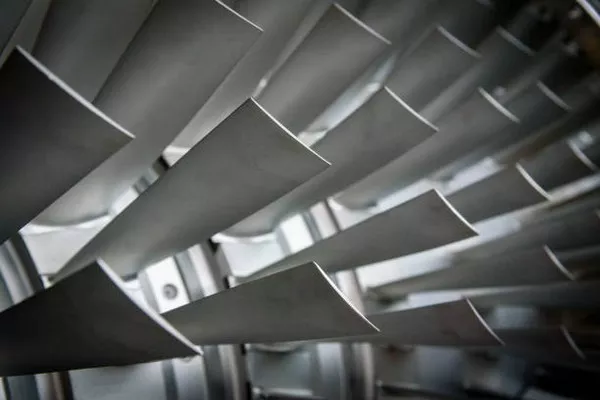In the realm of refrigeration technology, the quest for efficiency, reliability, and sustainability has been a driving force behind innovation. One such innovation that has garnered significant attention is the linear inverter compressor. This article aims to delve into the mechanics, benefits, and applications of linear inverter compressors in refrigeration systems.
Understanding Compressor Technology:
Before diving into the specifics of linear inverter compressors, it’s essential to grasp the fundamentals of compressor technology. Compressors play a pivotal role in refrigeration systems by compressing refrigerant vapor, raising its pressure and temperature, and subsequently releasing it into the condenser. This process facilitates the removal of heat from the system, thereby cooling the desired space.
Traditional refrigeration compressors, such as reciprocating and rotary compressors, operate on a binary principle – they are either on or off. This on-off cycling can lead to inefficiencies, temperature fluctuations, and increased wear and tear on the system components.
Enter Linear Inverter Compressors:
Linear inverter compressors represent a significant advancement in compressor technology. Unlike traditional compressors, which operate at fixed speeds, linear inverter compressors employ variable speed technology, allowing for precise control of compressor output.
At the heart of a linear inverter compressor lies a linear motor, which converts electrical energy into linear motion. This linear motion drives the piston within the compressor, enabling smooth and continuous modulation of refrigerant flow. The compressor’s speed can be adjusted seamlessly to match the cooling demands of the system, resulting in improved energy efficiency and temperature stability.
Benefits of Linear Inverter Compressors:
Enhanced Energy Efficiency: Linear inverter compressors excel in energy efficiency due to their ability to modulate output according to the cooling requirements. By operating at lower speeds during periods of low demand, they consume less power compared to traditional compressors, leading to significant energy savings over time.
Reduced Noise and Vibration: The linear motion of the compressor piston in linear inverter compressors results in quieter and smoother operation compared to traditional compressors. This reduction in noise and vibration is particularly advantageous in residential and commercial settings where noise pollution is a concern.
Extended Lifespan: The precise control offered by linear inverter compressors minimizes stress on system components, thereby prolonging the compressor’s lifespan. Additionally, the reduced cycling frequency reduces wear and tear, leading to fewer maintenance requirements and lower operating costs.
Improved Temperature Control: Linear inverter compressors enable precise temperature control by adjusting the cooling output in real-time. This results in more consistent temperatures within the refrigerated space, preserving the quality and freshness of perishable goods.
Applications of Linear Inverter Compressors:
Linear inverter compressors find applications across various industries and sectors where refrigeration is essential. Some common applications include:
Household Refrigerators and Freezers: Manufacturers of household appliances are increasingly incorporating linear inverter compressors into refrigerators and freezers to enhance energy efficiency and performance.
Commercial Refrigeration: Linear inverter compressors are well-suited for commercial refrigeration applications, including supermarket refrigeration systems, walk-in coolers, and display cases. Their energy-efficient operation and precise temperature control make them ideal for preserving perishable goods.
Air Conditioning Systems: Linear inverter compressors are also used in air conditioning systems to regulate indoor temperatures efficiently. Their variable speed operation allows for precise cooling control, resulting in enhanced comfort and energy savings.
Medical and Laboratory Refrigeration: In environments where temperature stability is critical, such as medical facilities and laboratories, linear inverter compressors play a vital role in maintaining precise temperature conditions for storing sensitive medications, vaccines, and research samples.
See also How Does An Oilless Air Compressor Work
Conclusion:
Linear inverter compressors represent a significant advancement in refrigeration technology, offering unparalleled energy efficiency, precise temperature control, and enhanced reliability. With their variable speed operation and minimal environmental impact, they are poised to revolutionize the refrigeration industry across various sectors. As demand for sustainable and efficient cooling solutions continues to grow, linear inverter compressors are poised to play a central role in shaping the future of refrigeration technology.

